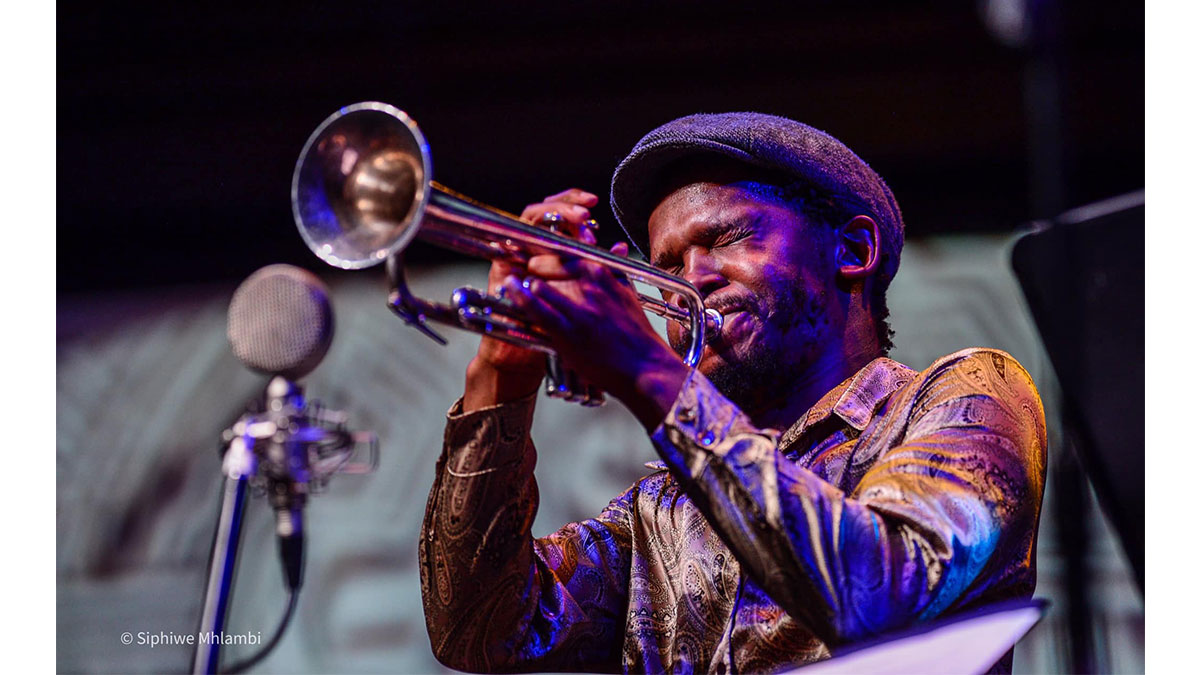Mandla Mlangeni’s impressive Oratorio of a Forgotten Youth, focussing on #FeesMustFall and 1976 heads to Wits Great Hall
By Edward Tsumele, CITYLIFE/ARTS Editor
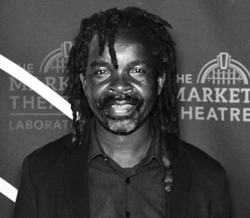
Some of us who were lucky enough to attend this performance in January this year at the Market Theatre’s John Kani Theatre were enthralled by the performance.
Mandla Mlangeni was in his element to perform and perform so well that this concert left us with no doubt that he was in full charge of the show.
Directing it and sometimes leaving us in awe of his virtuosity, he clearly is a musician who knows what holding a concert means. Even though this oratorio deals with a painful past of this country, one incident during the height of apartheid, and the other, in a free and democratic South Africa, Mlangeni and his fellow artists on stage sometimes made us forget a little bit about the pain they were expressing. It takes a lot of experience to tell a sad story, and in this case two very painful stories of this country, in a manner that it does not come out as preachy. That would bore the audience to death.
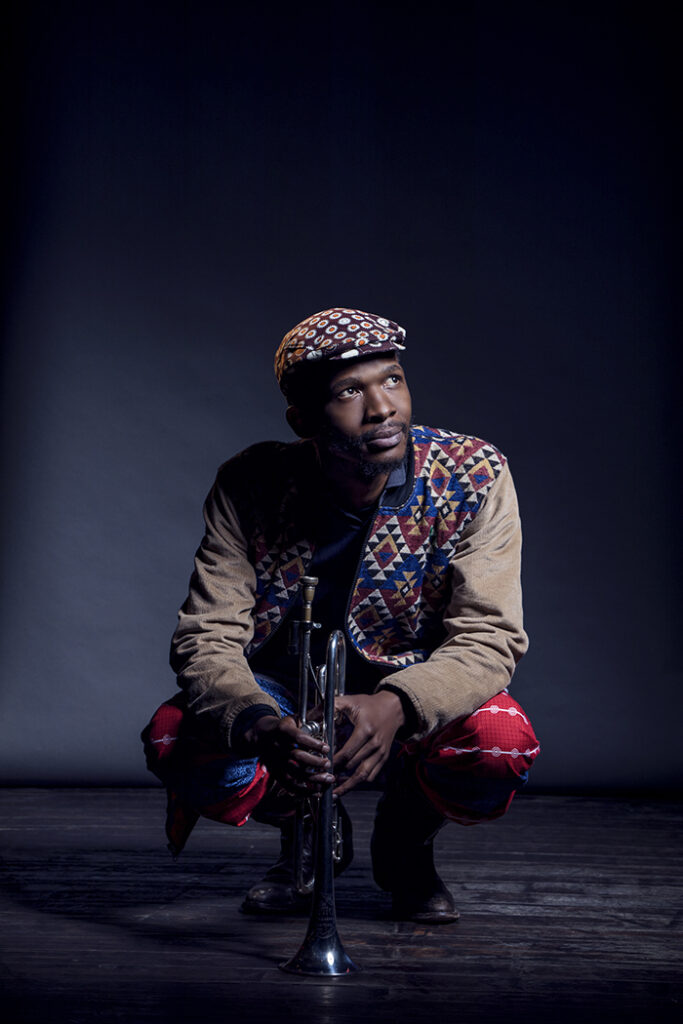
This oratorio is about the event surrounding the 1976 Soweto Uprisings, when the youth of that historic township and others around the country, took to the streets and challenged the apartheid fathers who had tried to force black youth to receive instructions in Afrikaans at schools around the country. The language was then regarded as the language of oppression, and therefore, this decision was met with unprecedented resistance from the youth. The protest went beyond the protest about Afrikaans, but morphed into resistance about apartheid itself. IN fact analysts today point out that the youth of 1976, seemed to have seized the moment to lead the struggle against apartheid while resisting adults took seat. Just for a while.
In fact hat is one part of Mlangeni’s Oratorio of a Forgotten Youth.
The other part is quite ironic in that it involves a protest by the youth. And this time against the now ruling black elite whose education policies were among other factors, were deemed by the protesting students to be disadvantaging the black youth –ironically in a free and democratic South Africa. They felt that the black youth were at a disadvantage when it comes to access to education, particularly because their parents could not in the main, afford fees charged at tertiary institutions without a subsidy from government.
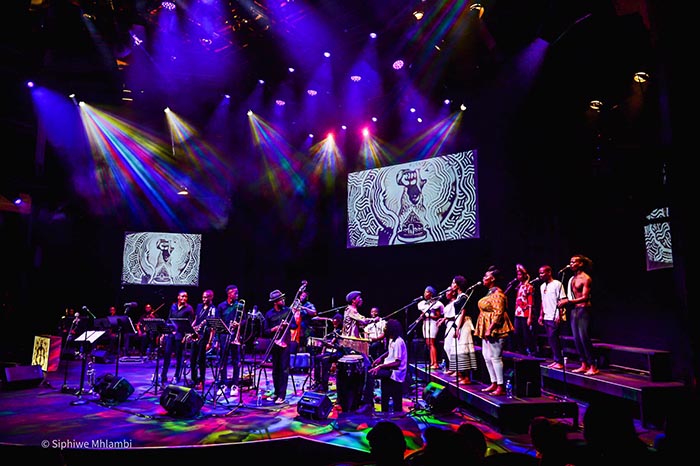
The protesting students mainly from formerly white universities such as Wits, Rhodes and the University of Cape Town , also demanded that the curriculum taught at tertiary institutions was very western, therefore needed to be reformed and “decolonised”. That protest took the ruling elite by surprise, and they scurried all over the place to attend to the needs of the protesting students as they hurriedly fashioned out new funding plans for what they termed “The Missing Middle” when it came to funding tertiary education.
These were students who were not poor enough to qualify for government funding under the National Student Financial Aid Scheme (NSFAS) and yet were not rich enough to afford tertiary education fees at universities. Just like the student of 1976 who forced the apartheid government to scarp the plans of introducing Afrikaans at black schools, the #FessMustFall students in 2016/17 forced the current ruling elite to change government tertiary education policies in post-apartheid South Africa to include the “The Missing Middle” in public education funding at tertiary institutions in post-apartheid South Africa.
In essence this is why Oratorio of a Forgotten Youth is important as a production as it deals with one of the current issues confronting the current political elite in the country. Those of us who attended that production at the Market Theatre were once again reminded of the role played by theatre during apartheid to fight on the side of the those that fought the oppressive apartheid system, coincidentally at the very institution where Oratorio of a Forgotten Youth had its debut in Gauteng (It previously performed in the Western Cape in the recent past).
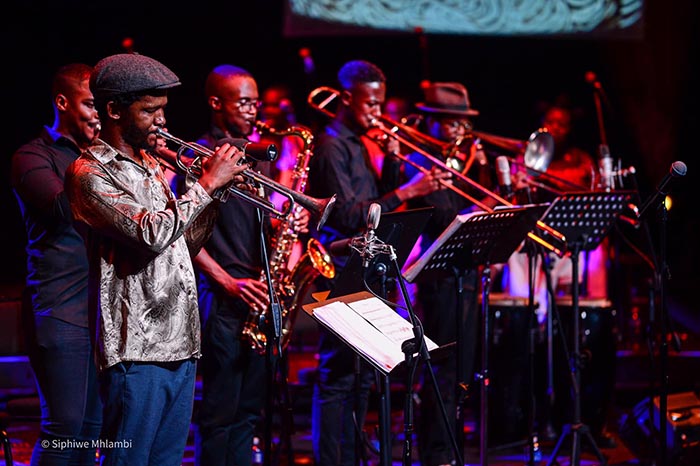
However those who missed the Market Theatre league of this fantastic musical experience should not despair as there is yet another opportunity to attend this show.
Mlangeni’s multi-genre Oratorio of a Forgotten Youth will be on stage at Wits Great Hall on 27 May, 2023. He has also released the music of this very powerful piece. The vinyl will be available at the gig and it’s also available on streaming platforms.
Oratorio of a Forgotten Youth is a powerful multidisciplinary musical experience that incorporates poetry and theatre, audaciously pairing a cutting-edge jazz ensemble with a string quartet and choir.
Mlangeni and the Amandla Freedom Ensemble will be joined on stage at Wits by The Brother Moves On, theVivacious Sounds choir, award-winning poet Lesego Rampolokeng, the Resonance String Quartet, pianist and scholar Yonela Mnana, and sand artist Tawanda MuAfrika.
Therefore If you missed it the first time, here is yet another opportunity to experience a musical that will perhaps remind you that the more things change, the more they remain the same – but will do so in a hilarious way bound to impress those that love music with a classical touch. That is exactly what Oratorio of a Forgotten Youth offers to musically discerning ears.
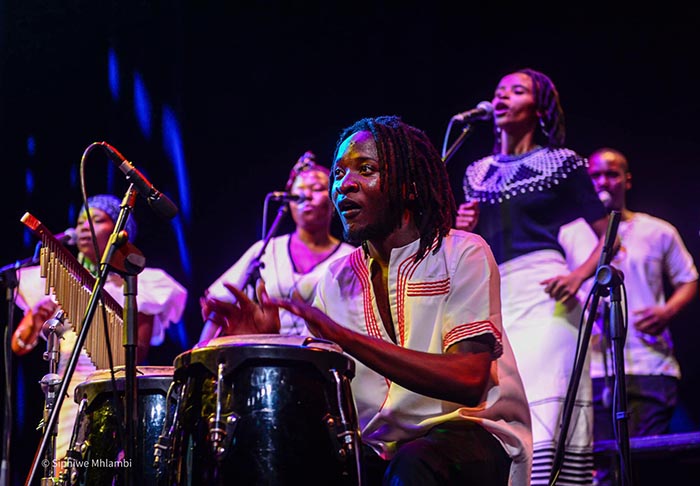
And by the way, the public experience of Oratorio of a Forgotten Youth, would be more improved If the people behind the production realise that hiding the poet in the production (Lesego Rampolokeng) whose voice is loud and clear, does a disservice. With his cutting edge poetry very much present and his booming voice loud and clear throughout the run of the production, and yet the audience cannot see the poet till the very end when everybody gives a bow to the audience, this does not enhance the audience experience of the show. Damn it. Make the poet visible on stage throughout the show, and believe me you, it will make the show better appreciated by the audience.










